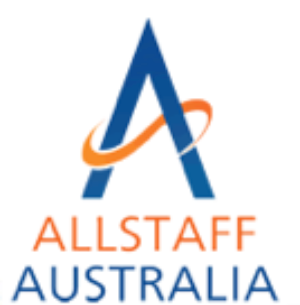- Your name, address, telephone number (evening and daytime)
- Academic qualifications (e.g. HSC, Degree etc)
- Vocational qualifications (e.g. HR driving license or Microsoft Certified Engineer etc.)
- Work history (starting with the most recent and working backwards)
- Other major achievements (e.g. charity work or climbing Mt. Everest)
Keep it relevant
Take your work history: while the paper round you did when you were 14 may have built your confidence, unless you’re going for the job of ‘senior paper delivery boy’, your employer probably won’t need to know. The same goes for your interests. Your everyday activities and hobbies are not really relevant. Try and avoid too much detail.
Remember: You don’t need to include everything. You are advertising yourself for a role, not writing your life story.

Are you just repeating yourself?
When writing a resume, it’s tempting to keep trying to make the same points. If you say that versatility is one of your key attributes, you probably won’t need to mention that you’re also flexible and adapt well to new situations.
Presentation
Avoid trying to cram as much information in as possible. Nearly all recruiters will be skim reading your resume. You need to grab their attention, and keep them interested. Presentation can be just as important as the content. Don’t be afraid of the gaps. Be bold. Use bullet points. Keep the focus on what you want them to see, and draw attention to any key facts or other information that may be relevant. Leave out everything else.
Cover letter
A well crafted cover letter is essential for any job you apply for. Your cover letter should be used to expand on your past achievements, and explain why you think you’d be the ideal candidate for the role.
Once again, there’s no point in recycling material. Use this space to clearly outline your objectives, underlining particular projects or interests that you think will make you stand out.
Are you getting straight to the point?
Be concise. Try restricting your resume to a maximum of 2 sheets of A4. This does not mean that you have to leave things out, but it does require you to be brief and to the point.
If you’re confident in your abilities, there’s no need for embellishment, and that confidence will come across. A recruiter doesn’t have time to go through pages and pages of information, hundreds of times over. Save them some time, and get straight to the point. Sometimes, less is more.
Before sending
Ensure it is always typed and contains no spelling mistakes. Take the time to produce a document that is both easy to read and professional looking. Tempting as it might be, avoid the use of gimmicks, elaborate typefaces and fancy designs just to get noticed.

